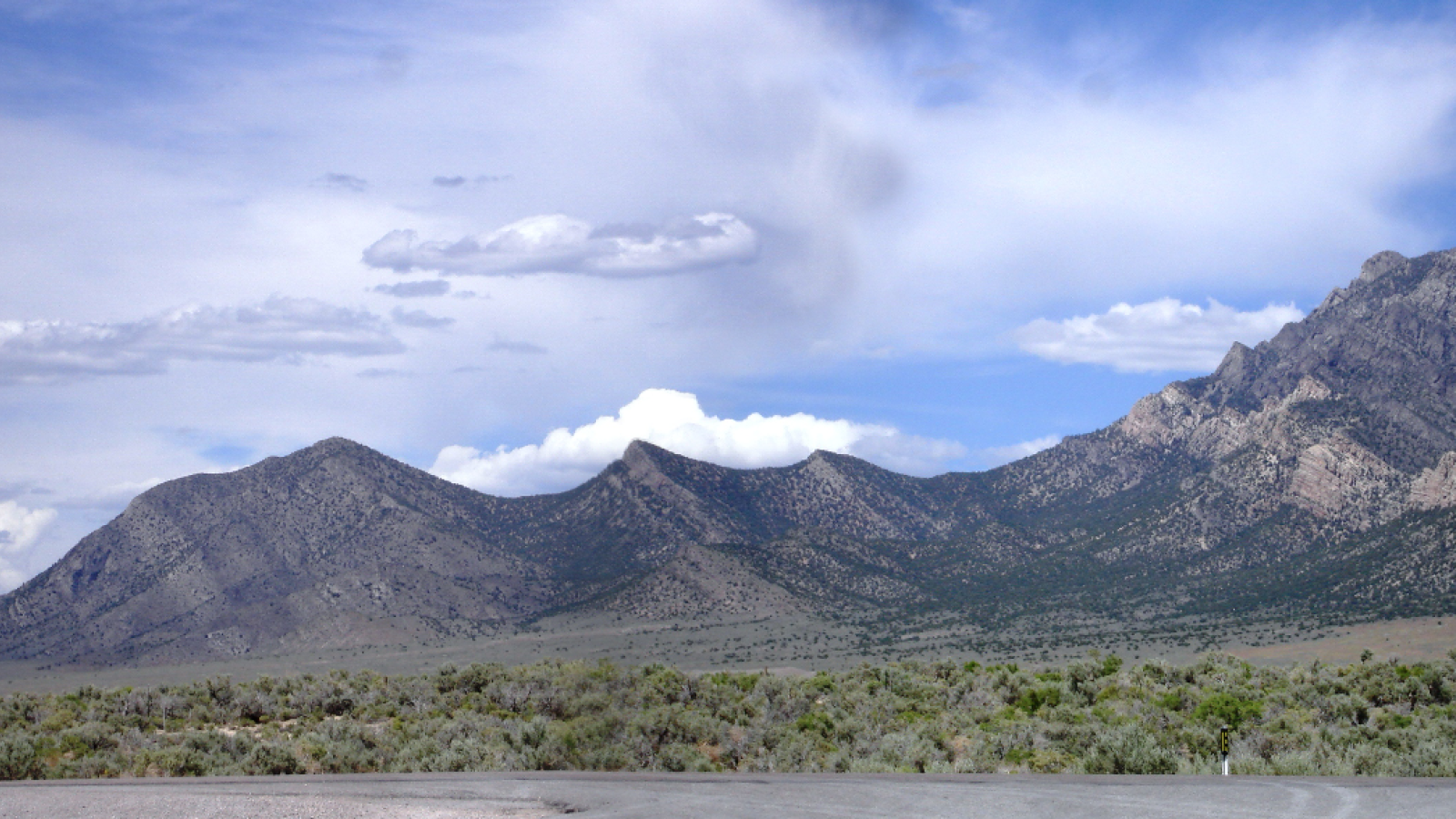Earth History
Our Earth History research covers Earth’s physical, chemical, and biological evolution over a wide range of spatial and temporal scales, including a deep-time perspective. We conduct field, laboratory, and theoretical research to document Earth’s evolution and the processes responsible for shaping its history. We actively study the impacts of global change, are engaged in training the next generation of Earth scientists, and are dedicated to the promotion of a better informed populace.
Current funded research includes field work on all continents and is engaged in questions such as the following: geochemical evolution of the oceans and atmosphere; Late Cenozoic Northern Hemisphere paleoceanography and glacial history; Cenozoic glacial history and climatic evolution of Antarctica; evolutionary paleoecology through critical intervals in biosphere evolution; phylogeny of major biological groups; evolutionary radiation during critical intervals of Earth history; taphonomy of biomineralized and nonbiomineralized organisms; sequence stratigraphy and sea level change; development of the geologic time scale; evolution and history of rifts in Antarctica; crustal motions driven by ice mass balance history; and development, delivery; and assessment of effective training in earth science concepts for K-12 in service teachers.
Faculty and students work in the Radiogenic Isotopes Laboratory with a Finnigan MAT 261A multicollector thermal ionization mass spectrometer to understand both 143Nd/144Nd and 87Sr/86Sr. Sedimentary and paleontological research laboratories include facilities for paleontologic and sedimentologic preparation and other geochemical analyses.

